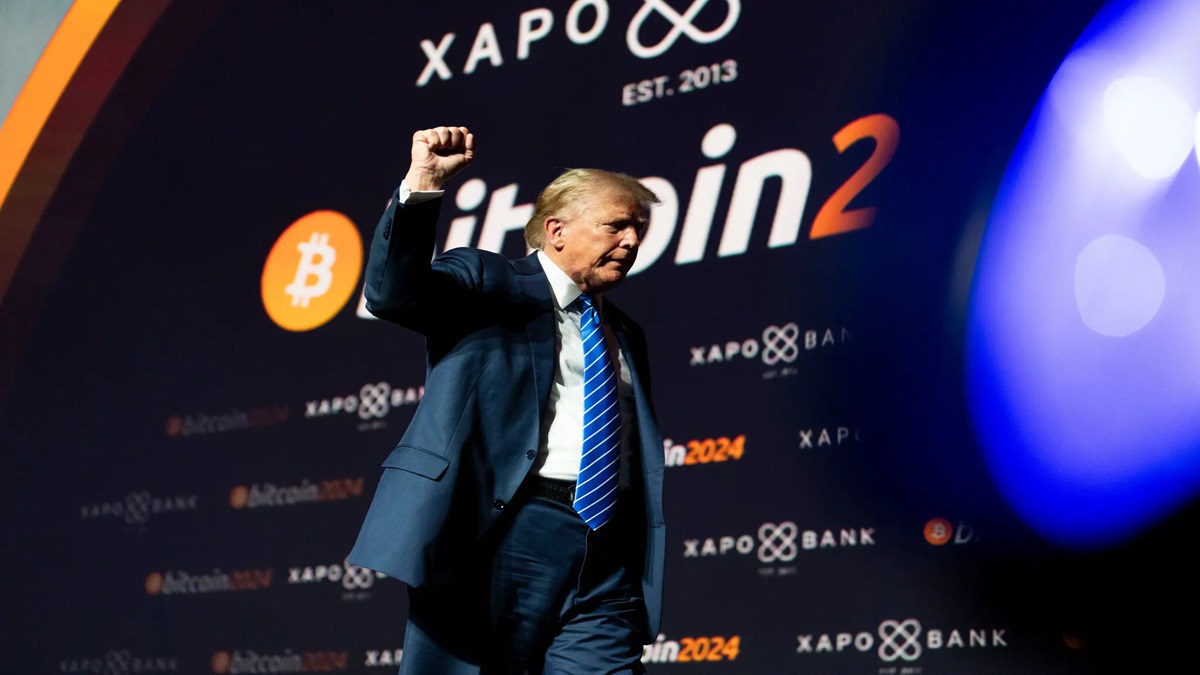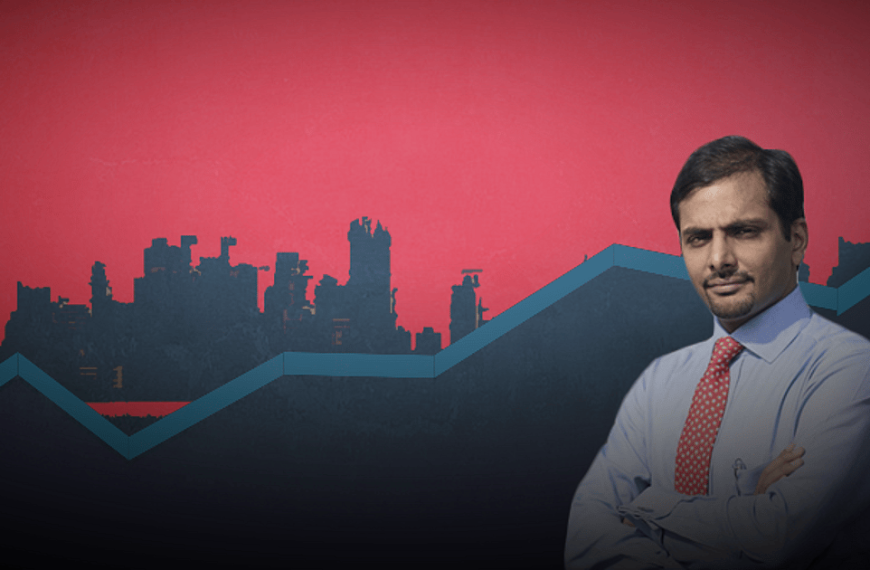Donald Trump’s financial technology startup, World Liberty Financial, is set to introduce a new dollar-pegged stablecoin, USD1, following a successful fundraising effort that garnered over $550 million. This announcement, made on Tuesday, highlights the company’s ambition to make a significant mark in the burgeoning cryptocurrency market.
What is USD1?
The USD1 stablecoin will be fully collateralized by U.S. Treasuries, cash, and other cash equivalents, ensuring it maintains a stable value of $1. This approach is similar to other successful stablecoins like Tether and USDC, which have become indispensable in the multi-trillion-dollar crypto trading ecosystem. These coins facilitate seamless transactions between various cryptocurrencies and traditional currencies.
- Current Market Context: Stablecoins currently account for over $237 billion in circulation, according to CoinGecko.
- Profit Potential: The growing interest rates have proven beneficial for stablecoin issuers, with Tether reportedly earning over $13 billion in profits last year alone.
Strategic Importance of USD1
Zach Witkoff, co-founder of World Liberty, emphasized that USD1 will attract “sovereign investors and major institutions,” enabling them to conduct efficient and secure cross-border transactions. The stablecoin will be backed by a reserve portfolio that will undergo regular audits by a third-party accounting firm, although specific details about the firm or the launch date have not been disclosed.
Background on World Liberty Financial
World Liberty was established just two months before Trump’s election victory and is co-founded by Trump, his sons, and prominent real estate entrepreneur Steve Witkoff, who is also Zach’s father and Trump’s envoy to the Middle East. Trump has positioned himself as a “crypto president,” vowing to reform U.S. cryptocurrency regulations and reverse previous restrictions imposed during Joe Biden’s administration.
Controversies Surrounding Trump’s Crypto Ventures
Trump’s ventures into the cryptocurrency space, including a meme coin launched earlier this year, have sparked debates among ethics experts and political opponents regarding potential conflicts of interest.
Competitive Landscape for USD1
Experts, including Kevin Lehtiniitty, CEO of Borderless.xyz, caution that while launching a stablecoin is straightforward, establishing a robust ecosystem for its adoption is significantly more challenging. He questioned whether Trump would be in competition with American businesses or seek collaborative opportunities.
Technical Infrastructure and Partnerships
World Liberty has partnered with BitGo, a California-based firm, to hold the reserves for USD1. This collaboration will provide institutional clients with access to extensive liquidity and trading capabilities. USD1 will initially operate on the Ethereum and Binance Smart Chain blockchains, with plans to expand to additional blockchains in the future.
Key Partnerships and Developments:
- USD1 Reserves: Managed by BitGo, ensuring security and reliability.
- Blockchain Platforms: Launching on Ethereum and Binance Smart Chain, two of the most significant digital ledgers in the crypto space.
Challenges Ahead
Binance, the largest cryptocurrency exchange globally, has faced scrutiny, with its founder Changpeng Zhao serving a four-month prison sentence after pleading guilty to money laundering violations. This backdrop raises questions about the implications of partnerships in the cryptocurrency industry, particularly in light of regulatory challenges.
In conclusion, World Liberty’s introduction of USD1 marks an ambitious step into the cryptocurrency market, reflecting both the potential and challenges that lie ahead for Trump’s financial technology aspirations. As the industry evolves, the success of USD1 will hinge on its ability to carve out a unique position among established players.











